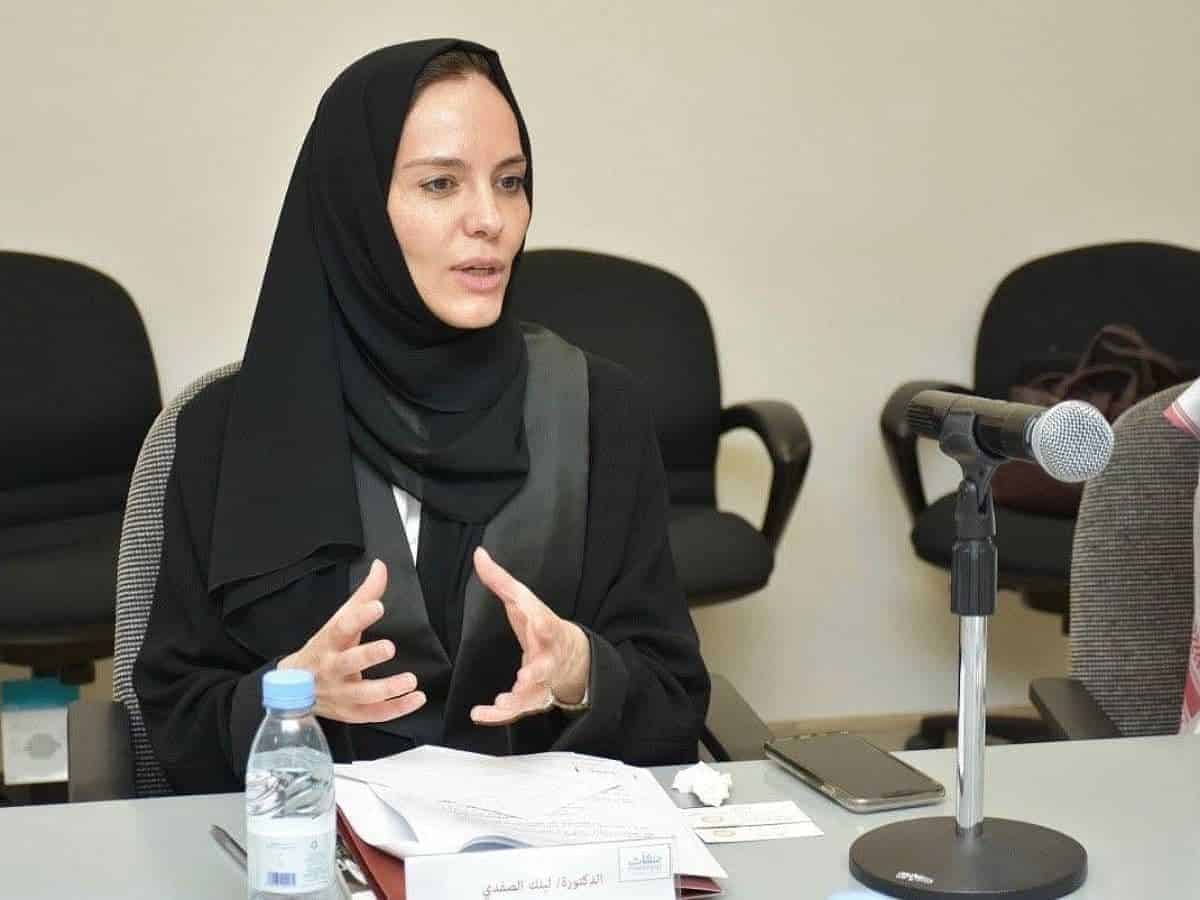Riyadh: In a span of just two-years, the participation of women employees joining workplaces and boardroom in the Kingdom of Saudi Arabia (KSA) has been increasing.
For decades, Saudi Arabia had one of the lowest rates of female labor force participation in the world. The Middle-East region has always lagged behind the rest of the world when it comes to women and the job market.
In the recent years, the participation of Saudi women has increased from 20 percent in late 2018 to 33 percent by the end of 2020.
Saudi Arabia’s crown prince Mohammed bin Salman plans to change economic and social rules as part of his vision 2030 plan to diversify the country’s economy.
One of the goals of the program is to increase women’s participation in the labor force to 30 per cent, a goal that has now been achieved.
In this regard, Lilac Ahmad Al-Safad, president of the Saudi electronic university (SEU), told Oxford business group (OBG), “Saudi Arabia acknowledges that it has a large untapped pool of talent. Much work is being done to harness this asset, as the empowerment of women is a goal of Vision 2030.”
After the transition to allow Saudi women to travel in the kingdom, from 2019 onwards Saudi Arabian women can also travel abroad without permission and may apply for their passports, ID documents and all official registrations directly without requiring a male guardian (mahram).
As per the media reports, more than 51,000 Saudi women joined the labor market in 2020, and the kingdom aims to provide employment to around 1 million women by 2030.
Reportedly, the number of women entrepreneurs in the Kingdom increased by 50 per cent in 2019, while a 2020-21 report by global entrepreneurship monitor found that the highest number of women entrepreneurs were reported in Middle East and North Africa (MENA) region.
Female entrepreneurs in Saudi Arabia are now establishing and managing more businesses than ever before.
Saudi electronic university (SEU) Al-Safadi was appointed as president of the institution in 2020 and becomes the first female president of a Saudi co-educational university.
In a first, Saudi female officers were allowed to guard Islam’s holiest site not just that the women were allowed driving license, and even elected to councils, and so on.

